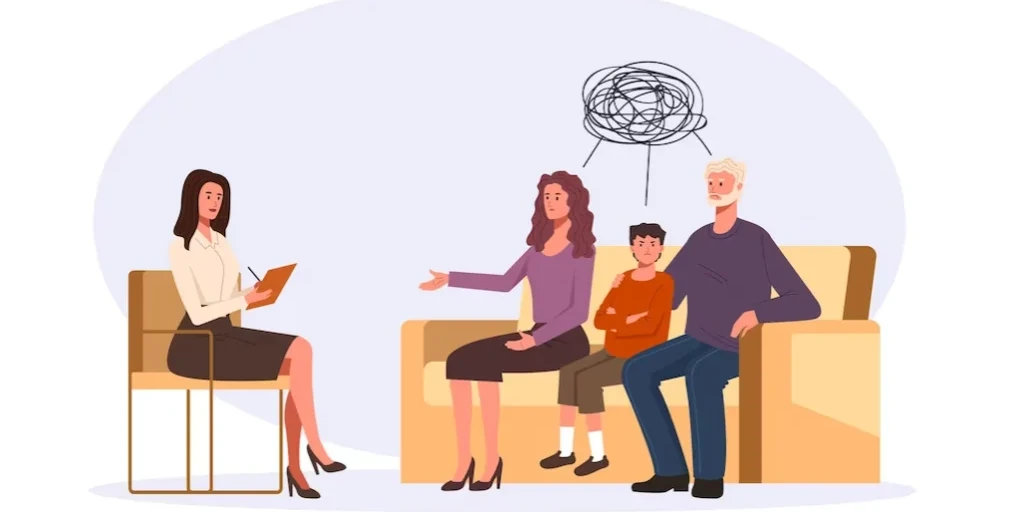24/7 Helpline:
(866) 899-221924/7 Helpline:
(866) 899-2219
Learn more about Opiate Detox centers in Union County

Other Insurance Options

Multiplan

Magellan

AllWell

BlueShield

UMR

Sliding scale payment assistance

American Behavioral

Oxford

Health Partners

Access to Recovery (ATR) Voucher

GEHA

MHNNet Behavioral Health

BHS | Behavioral Health Systems

PHCS Network

Absolute Total Care

Medical Mutual of Ohio

Evernorth

WellCare Health Plans

Highmark

Humana

Center for Human Development
Center for Human Development is a private rehab located in La Grande, Oregon. Center for Human Devel...

Jonathan M. Wainwright Memorial VA Medical Center – La Grande VA Community Based Outpatient Clinic
Jonathan M. Wainwright Memorial VA Medical Center - La Grande VA Community Based Outpatient Clinic p...
















































































Heart Steps Counseling Services
Heart Steps Counseling Services is a private rehab located in La Grande, Oregon. Heart Steps Counsel...

Grande Ronde Recovery
Grande Ronde Recovery is a private rehab located in La Grande, Oregon. Grande Ronde Recovery special...


















